Science in the media
-

Una molécula de nuestro cuerpo podría ayudar a defendernos contra el alzhéimer
Un nuevo estudio revela que un metabolito que produce nuestro organismo restaura funciones cerebrales que están alteradas en pacientes de alzhéimer. Este hallazgo permite el desarrollo de estrategias para potenciar […]
-
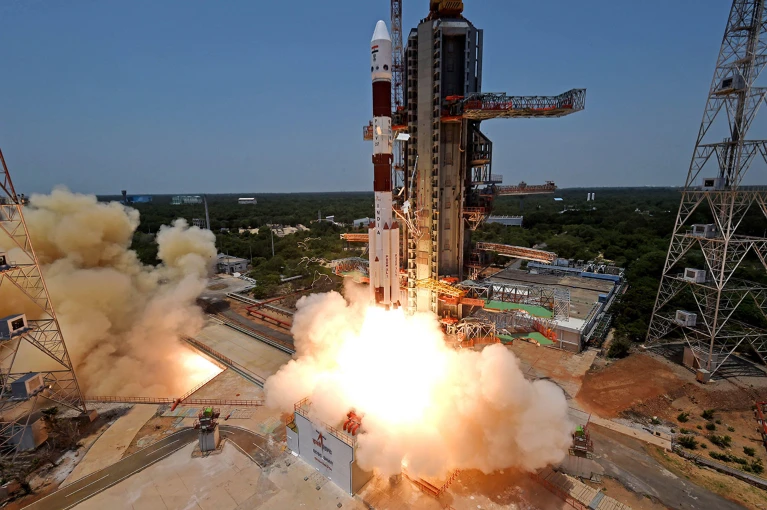
Science in 2026: the events to watch for in the coming year
The rise of AI scientists, missions to explore the moons of Earth and Mars and a massive ocean-floor drill are among the developments set to shape research in 2026.
-
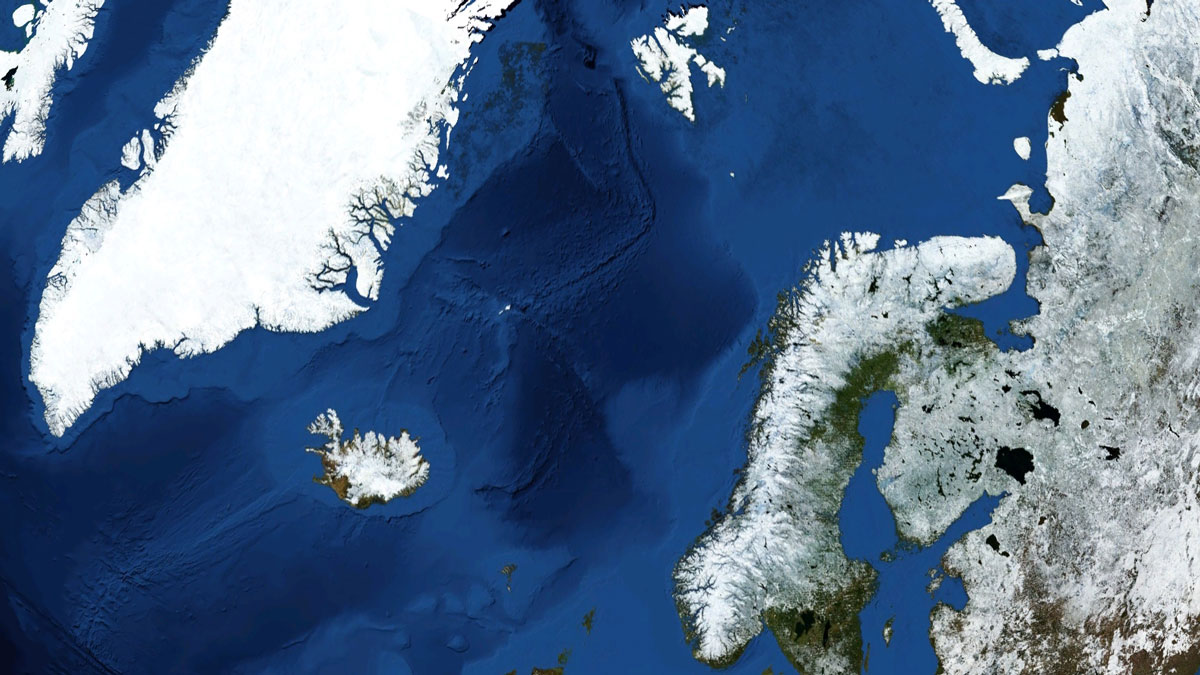
New Eyes on One of the Planet’s Largest Submarine Landslides
Researchers have mapped the ancient Stad Slide off the coast of Norway to better understand what triggered it, and the hunt is on for the tsunami it might have unleashed.
-

Las principales noticias científicas de 2025
En un año marcado por el caos en el financiamiento de la ciencia, el cambio climático y los peligros de la contaminación, también fuimos testigos del telescopio más potente hasta […]
-
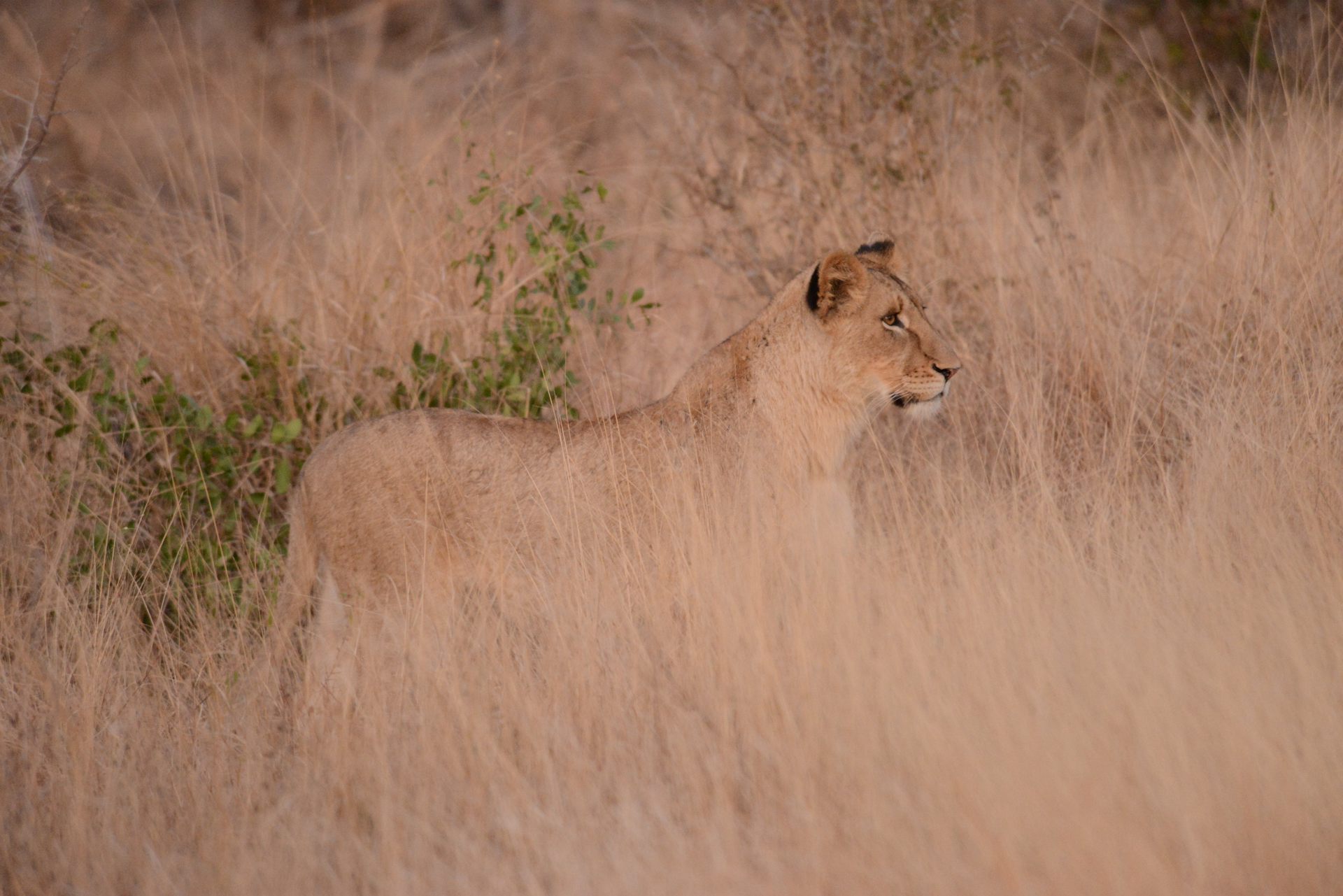
Más depredadores de lo esperado: la pirámide de la biodiversidad es más bien un cuadrado
Durante décadas, la imagen que ha dominado los manuales de Ecología ha sido la de la pirámide de la biodiversidad: mucha biomasa vegetal en la base, menos herbívoros encima y […]
-

Ancient Romans Guarding Hadrian’s Wall Were Riddled with Worms and Parasites
Romans living in ancient Britain were plagued by intestinal parasites, all of which are spread by fecal contamination
-
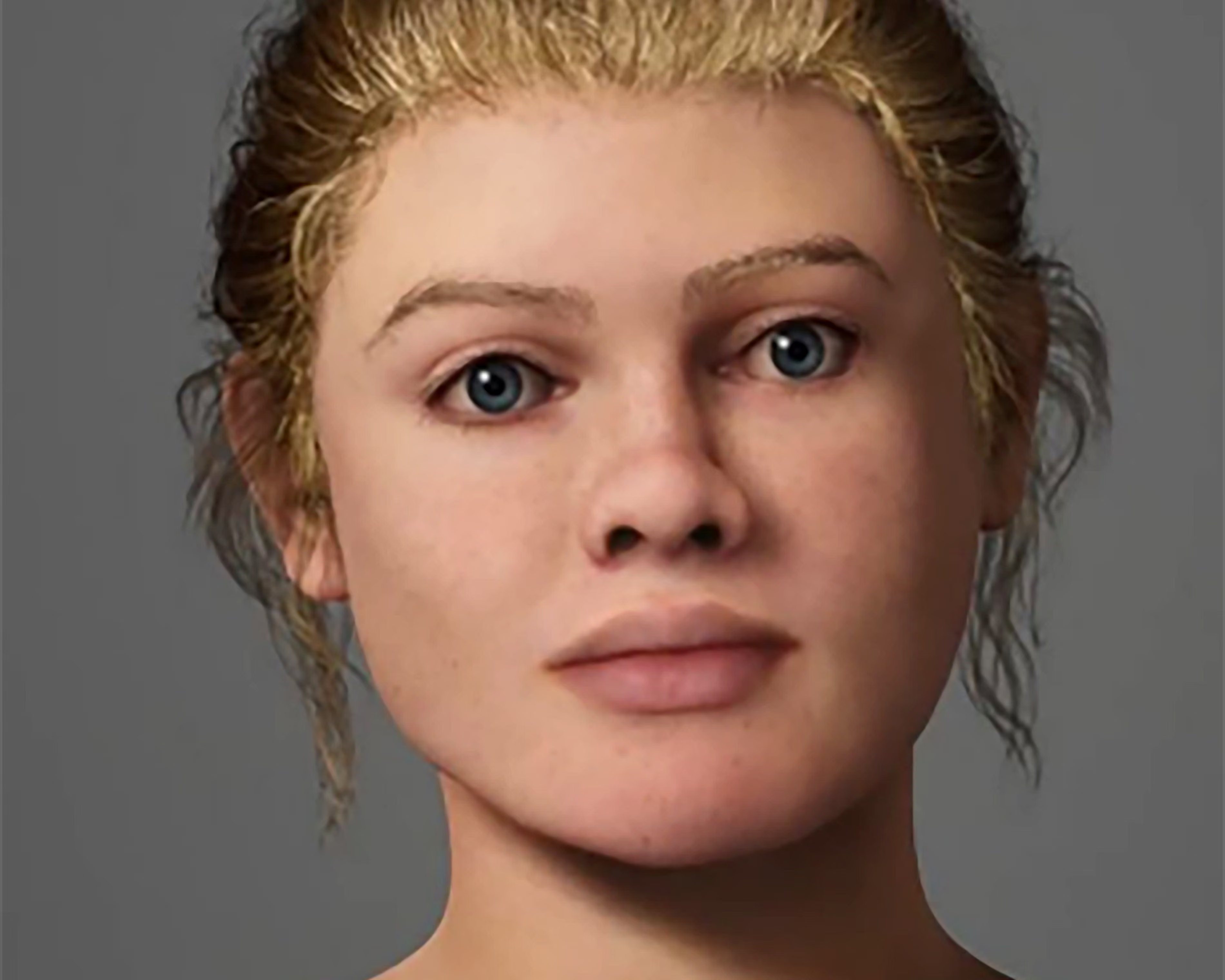
Beachy Head Woman may be ‘local girl from Eastbourne’
DNA advances show Roman-era skeleton, once hailed as first black Briton, came from southern England
-
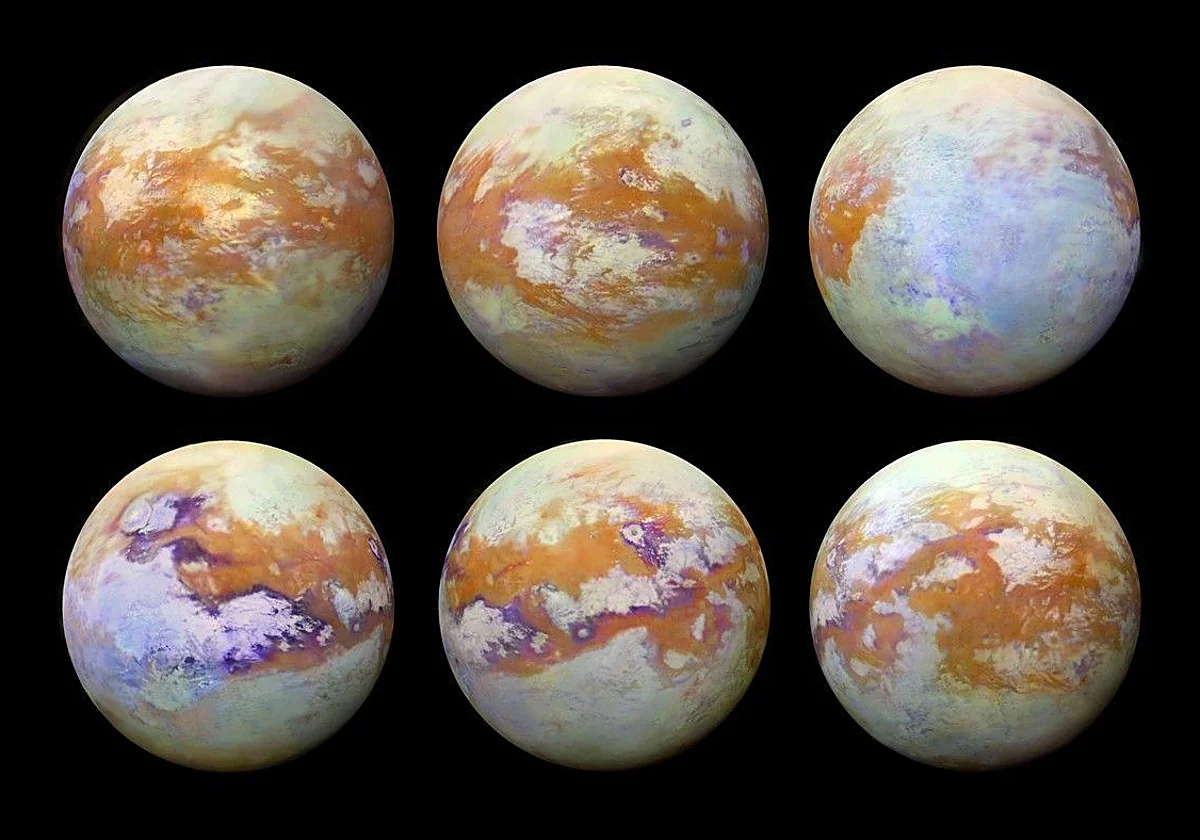
Puede que al final Titán no tenga un gran océano subterráneo
Un nuevo estudio sostiene que bajo la capa helada que cubre la luna de Saturno hay gran cantidad de hielo semi fundido y bolsas de agua que pueden alcanzar hasta […]
-
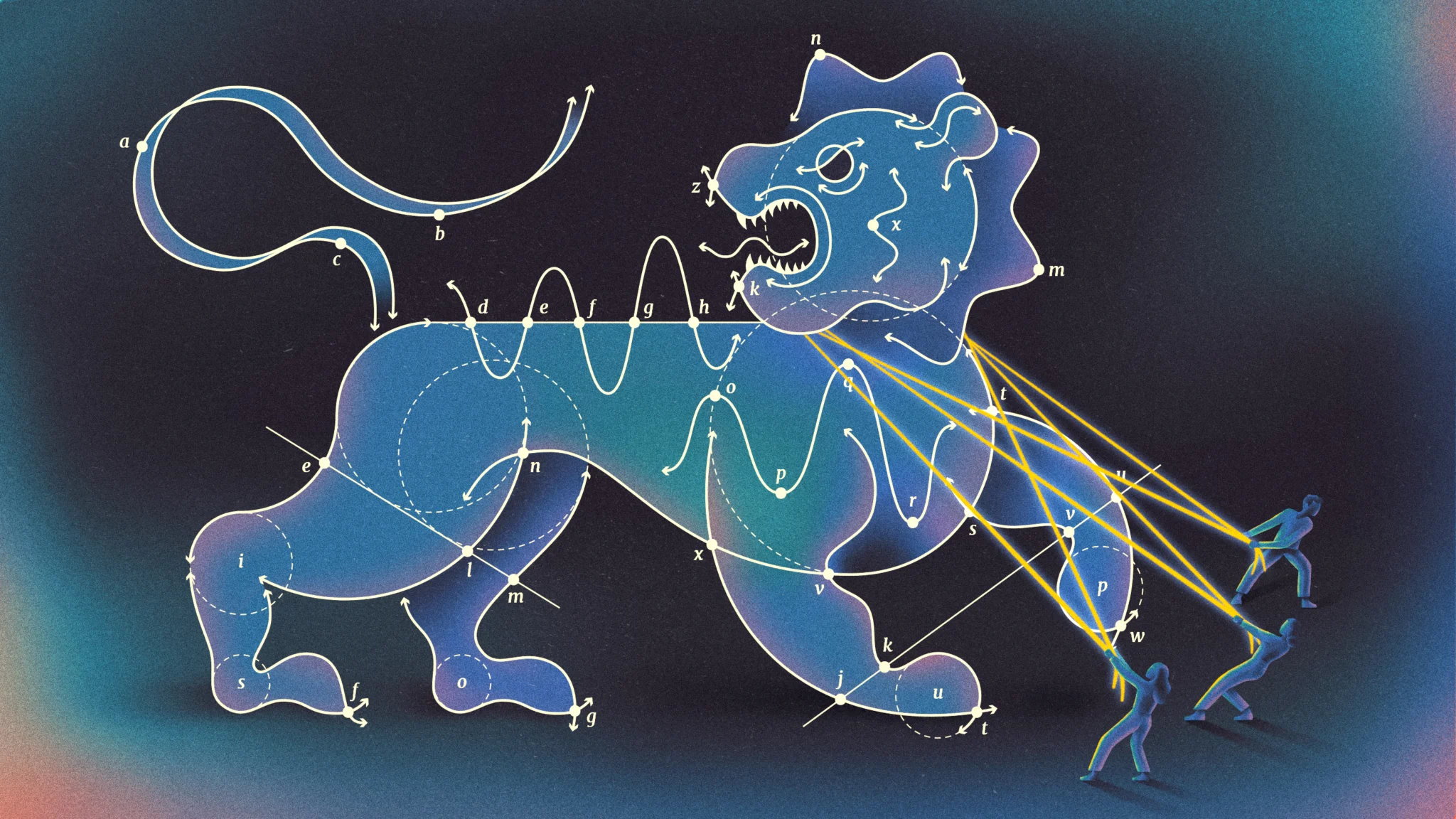
String Theory Inspires a Brilliant, Baffling New Math Proof
Years ago, an audacious Fields medalist outlined a sweeping program that, he claimed, could be used to resolve a major problem in algebraic geometry. Other mathematicians had their doubts. Now […]
